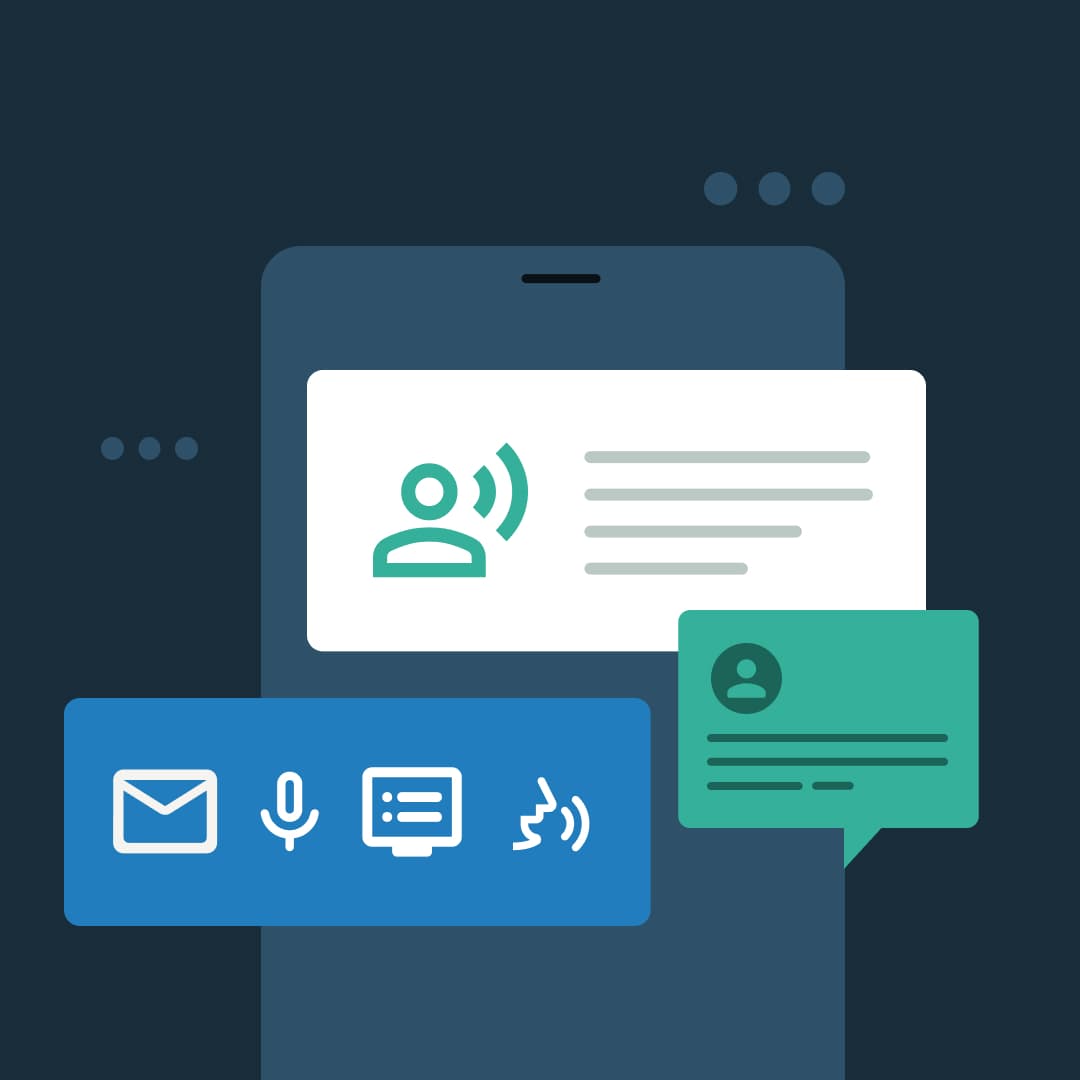Have you ever wondered how much time you, as a personal injury lawyer, actually spend on typing up notes, client information, or legal documents? In the bustling world of legal proceedings, where every second counts, why should legal professionals remain tethered to the keyboard? The solution lies in leveraging technology to amplify efficiency and focus on what truly matters—advocating for your clients. Enter dictation software: a game-changer for plaintiff personal injury law firms in 2024.
What is dictation software?
At its core, dictation software is a revolutionary tool designed to convert speech into text. Lawyers can transform their words into written documents without typing on a keyboard by simply speaking into a device. This isn’t just about avoiding the physical act of typing; it’s about embracing a seamless, more natural way of working that aligns with the core competencies of most lawyers: speaking and articulating thoughts aloud and saving loads of time.
Why lawyers need dictation software
For personal injury lawyers, every case brings an avalanche of documentation—detailed witness statements, depositions, investigations, police reports, and more. The manual transcription of these documents is not only time-consuming but also prone to errors. Dictation software steps in as a powerful ally, allowing lawyers to:
- Streamline case documentation: Speak naturally, and the software transcribes your words into detailed text, reducing the time spent on typing or handwriting.
- Increase efficiency: With faster documentation, lawyers can handle more cases effectively, improving overall firm productivity.
- Reduce errors: Advanced AI algorithms ensure high accuracy rates, minimizing the risk of transcription errors.
- Environment-friendly practice: Reducing paper waste promotes a more sustainable, eco-friendly workplace.
Benefits of dictation software for personal injury law firms
Adopting dictation software comes with a plethora of benefits tailored to enhance the operational efficiency of personal injury law firms:
- Enhanced productivity: Dictation software enables lawyers to accomplish more in less time. This increased productivity can lead to more cases being handled and, ultimately, more successful outcomes for clients.
- Accuracy and consistency: AI-powered dictation tools ensure high accuracy levels in transcription. This minimizes the need for corrections and ensures consistency across legal documents.
- Fully searchable transcripts: The ability to search through audio and video recordings transcripts can drastically cut down on the time spent reviewing case materials, making it easier to find relevant information.
- Integration with existing technology: Modern dictation software integrates seamlessly with a law firm’s existing technological ecosystem, enabling a smooth workflow and reducing the learning curve for legal professionals.
Choosing the right dictation software
With numerous options available, selecting the right dictation software can be daunting. Consider the following to ensure you choose the best fit for your law firm:
- Accuracy and ease of use: High accuracy rates and user-friendly interfaces are crucial for a seamless transition to dictation software.
- Software fit for your practice: Look for software that has been developed, keeping in mind your practice’s unique challenges and needs.
- Integration capabilities: Make sure the software can integrate with your current systems and does not require additional hardware.
- Cost-effectiveness: The software should offer a good return on investment by fitting within your budget while providing valuable features.
The role of AI in dictation software
Artificial Intelligence (AI) is the key catalyst behind the efficiency of dictation software. It not only significantly reduces the time and effort required for manual transcription but also ensures high levels of accuracy. For personal injury law firms, AI-enabled dictation software means:
- Handling large volumes of audio recordings: Efficiently manage extensive documentation without compromising accuracy.
- Minimizing the risk of errors: AI’s learning capabilities ensure continuous improvement in accuracy, making it a reliable tool for legal transcription.
Tips for lawyers using dictation software
To maximize the benefits of dictation software, consider these tips:
- Choose the right software: Ensure it meets your firm’s specific needs.
- Training and practice: Familiarize yourself with the software to improve efficiency.
- Speak clearly: Articulate your words clearly for better transcription accuracy.
- Review and edit carefully: Always review the transcribed text for any inaccuracies.
- Dictate in a quiet environment: Background noise can affect transcription accuracy.
Conclusion
CloudLex understands the unique needs of plaintiff personal injury law firms and offers an integrated suite of applications that includes cutting-edge dictation features. Users can effortlessly add text by voice to various fields, such as Client Intake/Matter summaries, Negligence-Liability Description, Injury, and Medical information. Moreover, CloudLex’s latest AI-powered feature, Voice Activated Module (VAM), enables users to record or upload conversations and assign them as tasks to selected firm members. This feature provides auto-transcripts, key point highlights, and sentiment scores, leveraging Microsoft-powered AI to enhance efficiency further.
Embracing CloudLex, the all-in-one legal case management software for personal injury attorneys, can revolutionize how personal injury lawyers operate, making practices more efficient, environmentally friendly, and client-focused. In the ever-evolving legal landscape, staying ahead with technology like dictation software is not just an advantage—it’s a necessity.
Connect with our PI legal industry experts for an insightful discussion on the advanced growth features we offer. We welcome the opportunity to meet with you at your convenience.

